Fiction Archive
Flash Fiction America
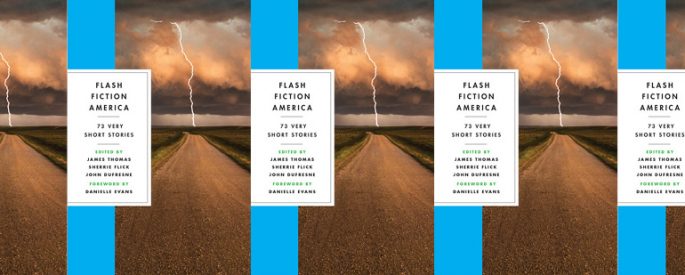
The stories come and go quick, as is the way with flash, but they also linger, creating one more mysterious, satisfying paradox for readers to hold.
The Way to Freedom in Jacqueline Crooks’s Fire Rush
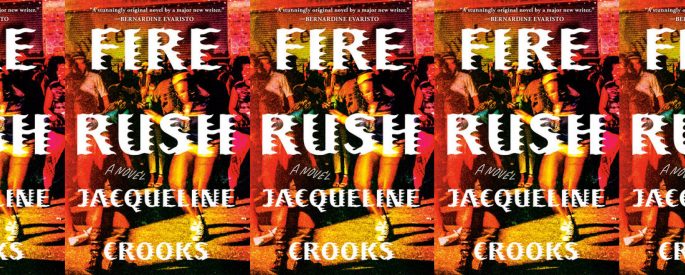
Jacqueline Crooks’s novel is a journey from underworlds to natural worlds, from the present to the past, and from secrets to finding one’s voice. Layered in are elements of history and ancestry; of longing for mothers and motherlands; of oppression and uprising; and of the historical, sociopolitical, and spiritual
Drifting Shared Memories in I Went to See My Father
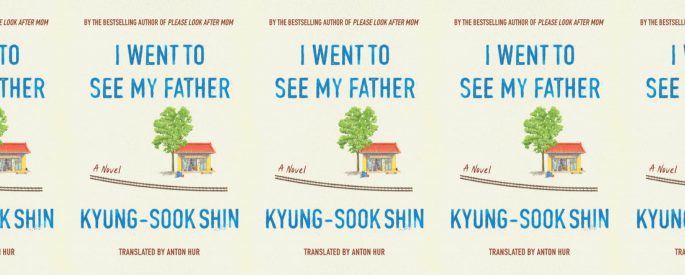
The narrative tends to drift, partly because of its emphasis on memory and partly because of the soft flow of Shin’s syntax, expertly translated by Hur.
Disaster Capitalism in Birnam Wood
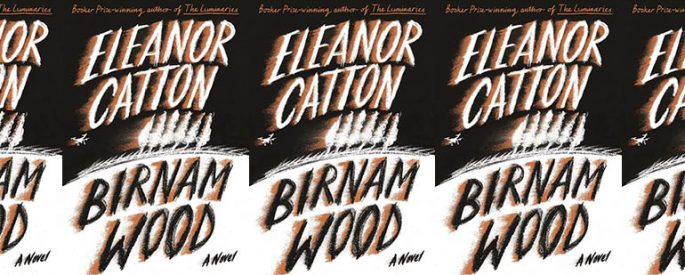
No generation is immune from the Birnam Wood's ire. Idealistic millennials are frauds, Gen X-ers are technocratic looters, Boomers are oblivious resource hoarders. Yet it’s not just the premise that everyone is fatally flawed that generates such intense and oppressive pessimism; rather, it’s that everyone in the novel is
Endless Grief in Gerardo Sámano Córdova’s Monstrilio
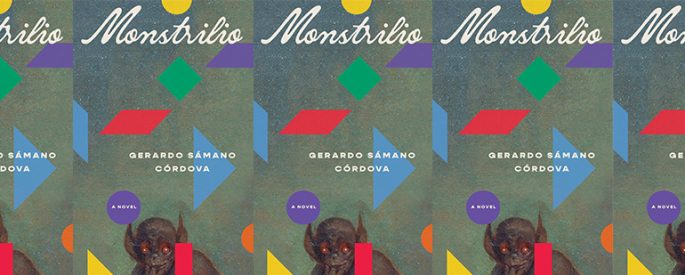
Sámano Córdova asks readers to imagine cheating death even for a little bit, even if we know it will all go wrong, even if we know the second grief can only be worse.
Constant Contradictions in Nazlı Koca’s The Applicant
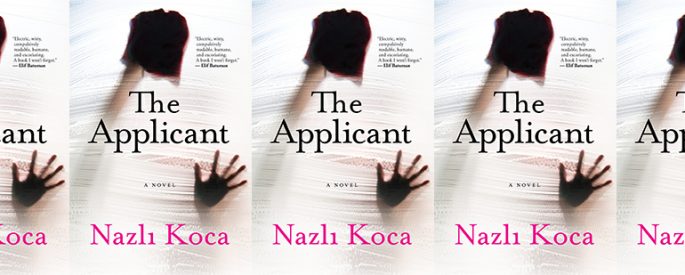
With its clipped, direct sentences and its abundance of resonant questions, long and short, Koca’s prose mirrors this narrative doubleness—giving readers an experience that is both irresistibly consumable yet compellingly durable.
Throwing Bodies in Mariana Enríquez’s Our Share of Night
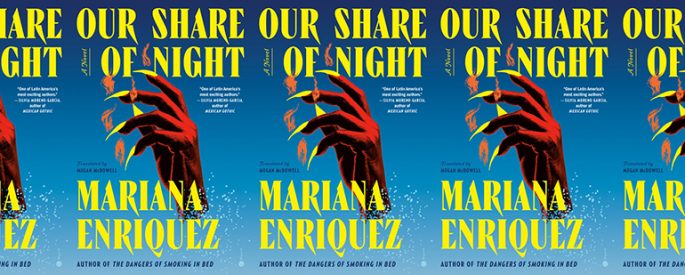
Mariana Enríquez moves past a superficial top layer of social commentary as quickly as possible to embroil the reader in the true horror at the core of her epic: the responsibility foisted upon those who inherit the history to watch the horrible truth slowly come to light.
The Perils of Freedom in How to Turn into a Bird
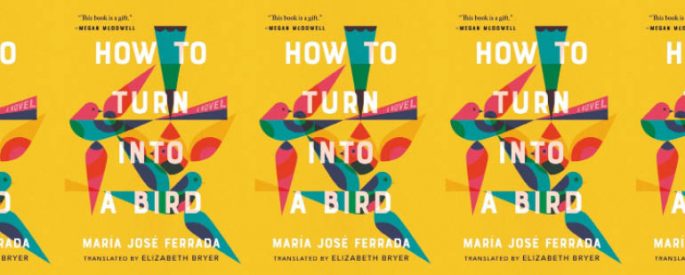
How to Turn into a Bird María José Ferrada Tin House | December 6, 2022 Ramón, the protagonist in How to Turn into a Bird, is not like the others. He left his job working long hours at the factory. He no longer lives within the thin walls of
Inhabiting Past Ancestors in Animal Life
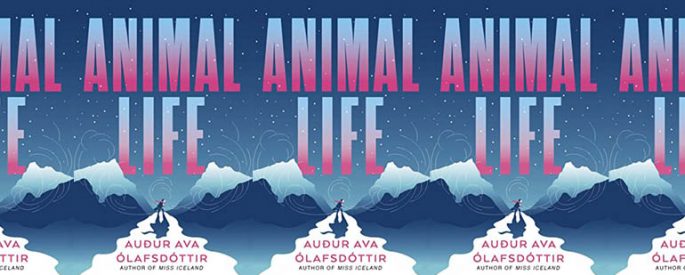
Animal Life is a subtle and stunning work for anyone who has felt the impact of an ancestor, who has lost themselves to a past that feels like their own.
A Fierce Feminist Take on the Troubles in Factory Girls
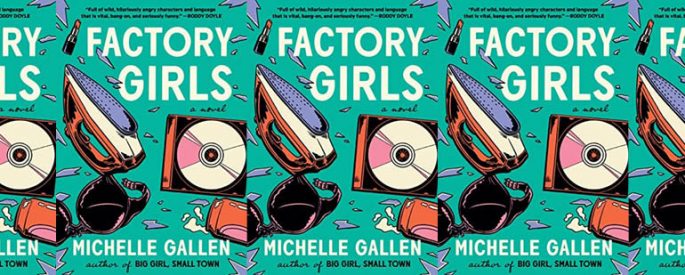
Michelle Gallen’s novel enriches the Troubles narrative with a fierce cast of young women determined to reject the violence of their youth.